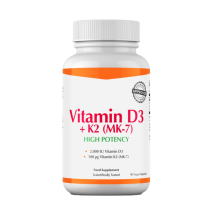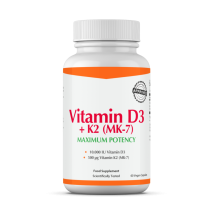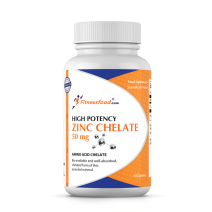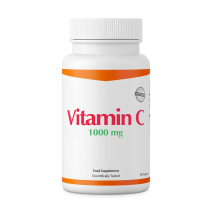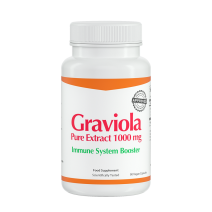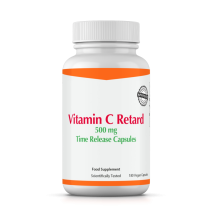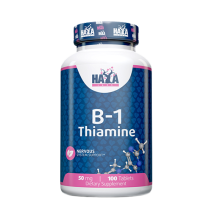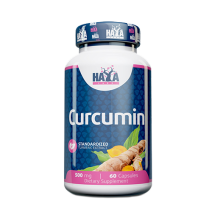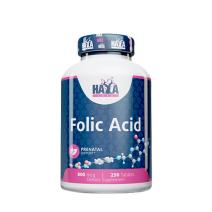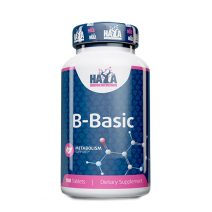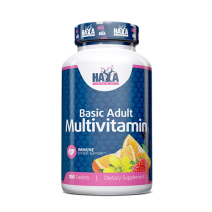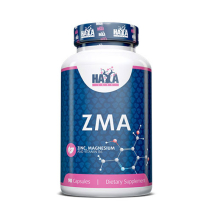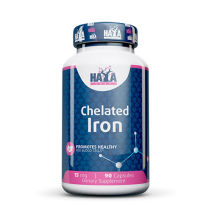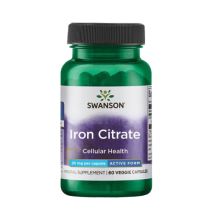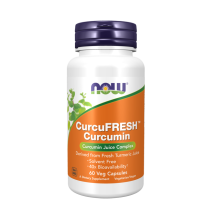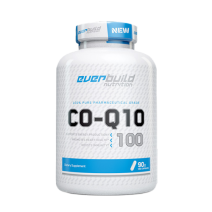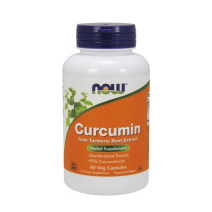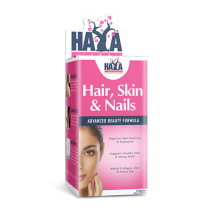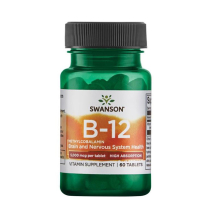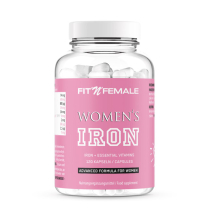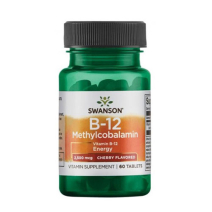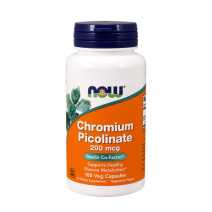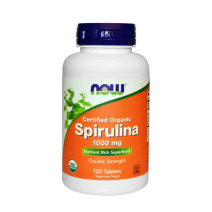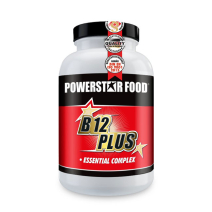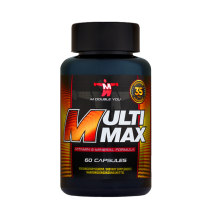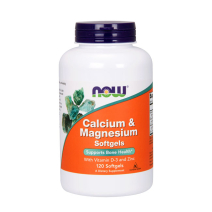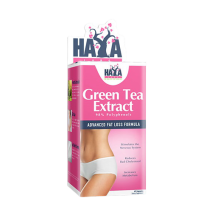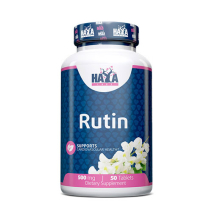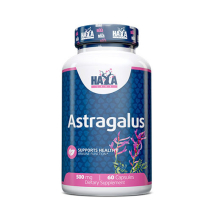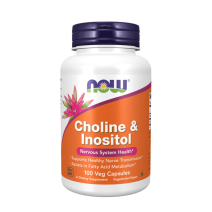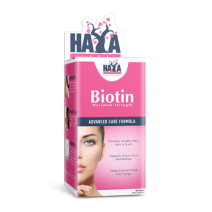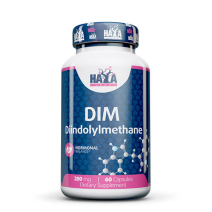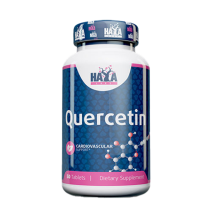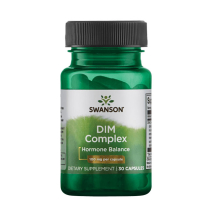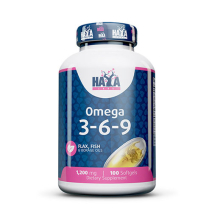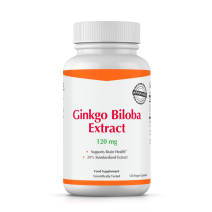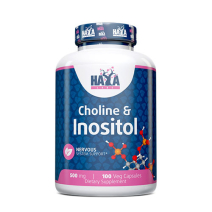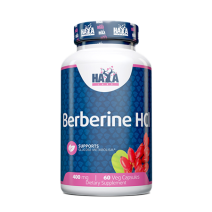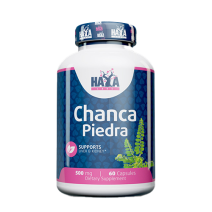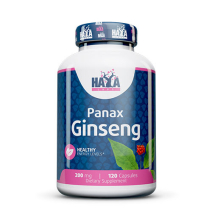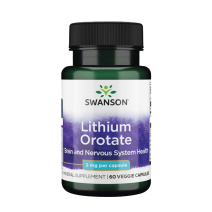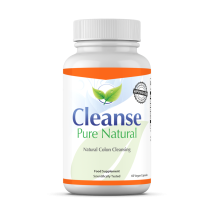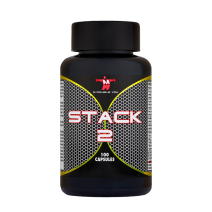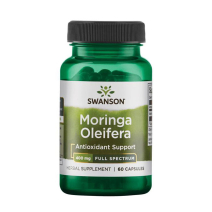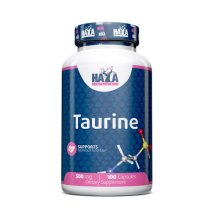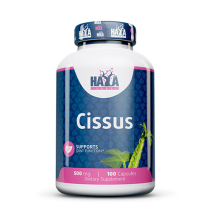
Sleep better and treat sleep disorders
Sleep disorders seem to affect more and more people. In Switzerland alone, it is assumed that every fourth adult suffers from sleep problems. Sleep disorders are not trivial. As soon as sleep problems become chronic, people affected suffer from leaden tiredness, difficulty concentrating, and lack of drive, which can lead to a sudden performance deficit. Physical and mental illnesses cannot be excluded from chronic sleep disorders.
We'll show you how to get your sleep disorders under control without medication.
- What are sleep disorders?
- What are the causes of sleep disorders?
- What is the impact of sleep disorders?
- What helps against sleep disorders?
- Can medication help with sleep disorders?
- Are natural sleeping pills better?
- Which dietary supplements promote restful sleep?
- Where can you buy natural sleeping pills?
What are sleep disorders?
The term sleep disorders (insomnia) generally means problems that affect sleep. This includes problems with falling asleep and staying asleep if, for example, you cannot fall asleep or if sleep is interrupted several times during the night.
An adult sleeps an average of about seven to eight hours, and older people can get by with less. Those suffering from sleep disorders sleep significantly less and are often awake after four to five hours. From a medical point of view, this is a disturbed sleep, which leads to a drop in performance in the long run.
Excessive sleepiness (hypersomnia), i.e. the desire to have to sleep a lot, is also one of the sleep disorders. It is accompanied by leaden tiredness, which in turn is due to chronic sleep problems.
What are the causes of sleep disorders?
 The main cause of sleep disorders is stress. Many people today suffer from stress without knowing it. They are constantly under tension, rush through the day, keep themselves awake with lots of coffee, smoke more than usual, and like to drink alcohol before going to bed so that they can sleep better at night. However, alcohol does not let you get enough deep sleep, so the night's sleep is anything but relaxing.
The main cause of sleep disorders is stress. Many people today suffer from stress without knowing it. They are constantly under tension, rush through the day, keep themselves awake with lots of coffee, smoke more than usual, and like to drink alcohol before going to bed so that they can sleep better at night. However, alcohol does not let you get enough deep sleep, so the night's sleep is anything but relaxing.
The longer the sleep problems persist and the more we use stimulants to keep us awake during the day, the more difficult it will be to get the sleep disorders under control. Especially if they have become chronic and you cannot easily change your habits. Often, just the thought of going to bed without a glass of wine triggers stress, which in turn does not let you sleep and leads to sleep disorders.
What is the impact of sleep disorders?
As long as the sleep disorders only occur occasionally, there is nothing to worry about. The following day is accompanied by tiredness and a general lack of drive after a sleepless night, but the symptoms usually disappear as soon as you can sleep better and regenerate the following night.
It becomes problematic when the sleep disorders persist for several consecutive days and negatively affect sleep for days. Then the sleep problems can affect the body and psyche, which in turn lead to
- a weakening of the immune system,
- cardiovascular diseases,
- stroke,
- diabetes,
- cancer,
- depression.
Many sufferers are not even aware of the importance of healthy sleep for both the body and the psyche. Too often they see creeping symptoms and struggle through the day with stimulants, the dose of which they have to continuously increase.
There is always the possibility to change the behavior and get a grip on the sleep disorders.
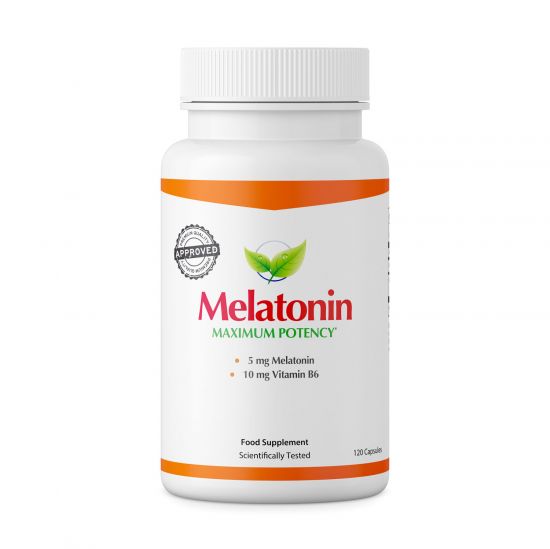
Increase your sleep quality and well-being. Recommended for people with:
- relaxation problems
- sleep disorders
- shift work
- Jetlag
What helps against sleep disorders?
Have you ever heard of sleep hygiene? A healthy sleep hygiene helps you to finally be able to fall asleep and sleep through better and to eliminate the existing sleep disorders. Healthy sleep hygiene means tips with which you can effectively treat your sleep problems and prevent them in the long run.
10 tips for a good night's sleep:
Tip 1 for sleep disorders: eat healthy
Too often, sleep disorders are caused by an unhealthy and unbalanced diet that provides the body with little nutrients. That the body recovers during sleep is not just a saying, but an essential part of regeneration.
By eating a healthy and varied diet, the body can carry out important repair processes at night and to regenerate it sufficiently. You will learn a little more about the individual nutrients that can ensure restful sleep later.
Tip 2 for sleep disorders: create a quiet sleeping environment
 If you want to fall asleep and stay asleep better, you should make sure you have a calm, cozy sleeping environment. Because bad lighting conditions, noises, or an uncomfortable environment can often cause sleep disorders.
If you want to fall asleep and stay asleep better, you should make sure you have a calm, cozy sleeping environment. Because bad lighting conditions, noises, or an uncomfortable environment can often cause sleep disorders.
Noises that are caused by street noise, for example, are particularly disturbing. Here you have no other option but to sleep with the window closed. Before you do this, you should properly air out the bedroom again, because you simply sleep better in cooler rooms.
The darkening of the windows can also be useful because the incoming light can also cause sleep disorders. Light activates the stress hormone cortisol, which boosts your metabolism and lets you wake up. The same applies to the light from smartphones and laptops: banish these devices from your bedroom if possible.
Furthermore, your mattress should be as comfortable as possible. Because: Both your mattress and your pillow determine your sleep quality. With regard to the mattress and pillow, it is best to get advice from a specialty store to find the right products for you.
By the way: make sure you also have breathable bedding so that you don't sweat excessively or freeze.
Tip 3 for sleep disorders: don't drink coffee
If you suffer from permanent sleep disorders, you should reduce your coffee consumption. The caffeine in coffee stimulates circulation and brain activity, so healthy sleep is out of the question. On the contrary: those who drink a lot of coffee during the day suffer from “withdrawal symptoms” at night, which in turn can lead to sleep problems.
Therefore our tip: if you can't do without coffee entirely, you should at least try to avoid caffeine four to six hours before going to bed. By the way, this also applies to caffeinated drinks such as cola, black and green teas.
Tip 4 for sleep disorders: avoid nicotine
Like caffeine, nicotine can also be responsible for sleep disorders. This nerve poison causes even stronger withdrawal symptoms than coffee, which not only prevents you from falling asleep but also from staying asleep. Anyone who has given up smoking will quickly notice that you can sleep much better without cigarettes.
Tip 5 for sleep disorders: don't drink alcohol
Many people drink alcohol just before going to bed to help them fall asleep. That alcohol promotes sleep is a misconception. The glass of wine in the evening may help you fall asleep better, but you often wake up at night, which in turn can have a bad effect on your sleep quality.
By the way, alcohol has another negative effect: it can contribute to snoring because it paralyzes the throat muscles.
Tip 6 for sleep disorders: exercise for a better sleep
 Every child knows that exercise keeps you healthy. That it can also help with sleep disorders sounds surprising to many people. Exercise can be a real secret weapon against sleep disorders because you stimulate the metabolism and strain the body.
Every child knows that exercise keeps you healthy. That it can also help with sleep disorders sounds surprising to many people. Exercise can be a real secret weapon against sleep disorders because you stimulate the metabolism and strain the body.
So that the training does not interfere with your sleep, you should not exercise before going to bed if possible. Because then, due to the pushed metabolism, sleep problems can arise.
Tip 7 for sleep disorders: ban mobile phones, TV, and watches from the bedroom
As you know, cell phones, laptops, and TVs can disturb sleep due to the light they emit. Did you also know that the best way to sleep is when you don't have an alarm clock nearby? That's because we tend to keep an eye on the clock whenever we can't fall asleep. However, this subconsciously puts you under pressure.
Therefore our tip: just put the alarm clock in the hallway or in the adjacent room and leave the bedroom door open a crack. This means that you don't always have an eye on the alarm clock and are also forced to get up as soon as the alarm rings.
Tip 8 for sleep disorders: relax!
Those who relax can also fall asleep better. However, relaxation has nothing to do with counting sheep. Often it is enough if you read a nice book (no crime suspense stories!) or listen to calm music before going to bed. It can also be helpful to concentrate on your breath and thus to calm your thoughts.
Tip 9 for sleep disorders: create sleep routines
Sleep routines help you fall asleep better. Because: by having the same processes and rituals every evening, you will also create a good breeding ground for a healthy sleep.
The most important sleep ritual is to go to bed at the same time each evening. Your body gets used to it and then automatically releases more melatonin. Melatonin is an endogenous sleep hormone that is formed in the pineal gland and is released after dark. Melatonin is the counterpart of cortisol. Both hormones ensure a balanced day-night rhythm in your body.
Thereby every body should create their own sleep ritual. Perhaps you drink a cup of hot milk with honey before bedtime, listen to music, read a little more, or meditate: there are no limits to your imagination. The main thing is that you perform the sleep ritual every evening and thus set the best conditions for a healthy sleep.
But be careful: anything that has to do with the computer, television, or smartphone should preferably not be part of your sleep routine.
Tip 10 for sleep disorders: avoid medication
Many people with chronic sleep disorders often take medication to sleep better at night. Unfortunately, these medications can quickly make you addicted, so it's best to avoid them altogether.
Can medication help with sleep disorders?
As you already know, you should be careful with sleeping pills. They may help you fall asleep, but they have one disadvantage: they can make you dependent, so you have to rely on them all the time to help you fall asleep and sleep better.
Medications can hinder the body from falling asleep or shorten the night's sleep. We often do not get into the deep sleep phase with the help of sleeping pills, which is, however, absolutely necessary for adequate regeneration.
Similar to coffee, the effects of sleeping pills decrease over time, which is why you would theoretically need to increase the dose to get a better night's sleep. And here is the danger of synthetic sleeping pills: They can not only be addictive - but they can also increase health risks.
Are natural sleeping pills better?
Natural sleeping pills are definitely better than synthetic ones. They naturally support your body to get better at the day-night rhythm and to sleep better. Natural sleeping pills can be especially helpful for night and shift workers who have a changed sleep rhythm and therefore often suffer from sleep disorders.
Besides, natural sleeping pills have the great advantage that they are not addictive and do not have any side effects.
Which dietary supplements promote restful sleep?
Fortunately, there are several nutritional supplements available today whose natural ingredients can help with sleep disorders. Below we show you some of the best natural sleep aids that are most commonly found in supplements.
Tryptophan and 5-HTP
 Have you ever heard of 5-HTP? Admittedly, this sounds a bit chemical right away, but 5-HTP (5-hydroxytryptophan) is an amino acid that the body forms during the production of serotonin.
Have you ever heard of 5-HTP? Admittedly, this sounds a bit chemical right away, but 5-HTP (5-hydroxytryptophan) is an amino acid that the body forms during the production of serotonin.
Serotonin is a so-called neurotransmitter that affects your mood and emotional life. It is a happiness hormone that lifts your mood and puts you in a good mood.
Neurotransmitters have the task of improving the information transfer from nerve cells in the brain. The starting material for the neurotransmitter serotonin is the amino acid 5-HTP, which in turn is formed from tryptophan (L-tryptophan). But why is the production of the happiness hormone serotonin so important?
Quite simply: serotonin not only makes you “happy” - but the neurotransmitter is also a precursor of the sleep hormone melatonin, which promotes sleep and can ensure better sleep quality. Together with the stress hormone cortisol, melatonin regulates your day-night rhythm.
To promote sleep, the body should have enough 5-HTP. You can increase the 5-HTP level, by consuming the amino acid through your diet, for example through a dietary supplement. For example, 5-HTP is contained in the African black bean (Griffonia simplicifolia), which is offered, for example, as an extract in the form of capsules.
GABA
GABA - Gamma-Amino Butyric Acid - is a neurotransmitter that the body can make itself. Nervousness and a tendency to stress can be the first signs that your body is under-producing GABA. However, these symptoms can lead to sleep disorders, which is why an additional intake of GABA can be useful to give the body more rest and relaxation.
Lemon balm
The lemon balm is an ancient medicinal herb that your grandmother already knew of. Lemon balm has a balancing and calming effect, which is why the plant is mainly used for sleep disorders. If you don't like herbal teas, you should look for food supplements with lemon balm.
Hops
Hops are the natural sleeping pill. The flowers have been used for many years to promote relaxation, which in turn has a positive effect on sleep.
Lavender
Lavender not only looks beautiful - but the plant also has a calming effect that makes you sleep better. In the past, you simply put a lavender pillow under your pillow - today you can prevent sleep disorders with an extract of lavender flowers.
Chamomile
Chamomile flowers have a long tradition as tea. Chamomile can have a calming effect on the nervous system. It supports the body in balancing states of tension and improving the transmission of information by nerve cells, which is why it is particularly effective in the case of sleep disorders.
St John’s-wort
St. John's-wort is a natural sedative for sleep disorders, which can also increase resilience to stress.
Roseroot (Rhodiola Rosea)
Roseroot is a plant that is native to the mountainous regions of Scandinavia. Roseroot helps harmonize the nervous system and helps the body to cope better with stress, which in turn is conducive to sleep. Furthermore, roseroot can not only be effective for headaches - but the plant should also be able to normalize blood pressure. Taken as an extract, the effects of roseroot can best develop.
Ashwagandha
Ashwagandha, also known as the sleep berry, has been an integral part of Ayurvedic medicine for many years. Ashwagandha is an adaptogen that helps the body cope better with stress. Besides, Ashwagandha can contribute to a better sleep, which is why the plant is not quite without reason called a sleep berry.
Magnesium
Magnesium is a mineral that can improve muscle function. Many athletes take magnesium to prevent muscle spasms during heavy physical exertion. The calming and balancing effect of magnesium also has an effect on the psyche, which is why the mineral is often taken preventively as a dietary supplement to counteract muscle cramps and tension.
Zinc
Zinc is one of the most important trace elements in our body because it is involved in many metabolic processes. As soon as we eat too little zinc in our diet over a longer period of time, our metabolism gets out of balance, which in turn can lead to sleep disorders. A high-quality dietary supplement with zinc can contribute to a healthy sleep here.

Zinc Chelate is comprised of zinc and amino acid chelate, which entails 50 mg zinc chelate per tablet! Zinc promotes:
- a strong immune system
- the muscle power
- the muscle growth
- the endurance
Copper
Stress and an unhealthy lifestyle can be difficult for the body. They are considered the main cause of oxidative stress, which causes the cells to age faster. Copper can help you protect yourself against oxidative stress, strengthen your nerves, and stimulate regeneration.
Selenium
Like copper, selenium is an important trace element against oxidative stress. Besides, selenium can contribute to normal thyroid function by harmonizing hormone production. So if you suffer from chronic sleep disorders and cannot sleep or sleep through the night properly, natural sleeping pills can be a valuable support in either case.
Where can you buy natural sleeping pills?
You can now buy natural sleeping pills at many online stores. Many nutritional supplements differ in terms of their ingredients and effectiveness, which is why the selection is sometimes not easy.
Fitnessfood sets new standards as a provider of natural sleeping pills. Our natural sleeping pills - enriched with melatonin, 5-HTP, or Ashwagandha - can contribute to a healthy sleep and a balanced day-night rhythm. In combination with exercise, a healthy lifestyle and set sleep rituals, sleep disorders will soon be a thing of the past.

